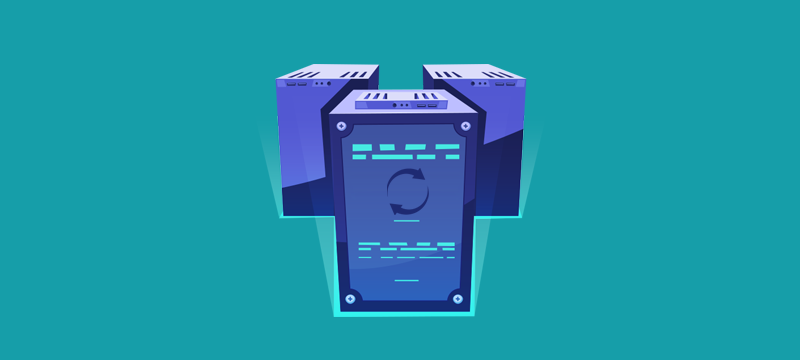Shared hosting over the years has emerged to become the preferred web hosting solution. For many website owners, it offers all the resources they require for no excessive costs. However, web hosting services may reach a saturation point, demanding an upgrade. Website owners might now look for some advanced and robust solution like VPS Hosting or Cloud Hosting.
When to Upgrade?
So, as a website owner, when should one upgrade his existing web hosting services? The following pointers can come in handy in deciding the right type of web hosting-
- Website Starts Gaining Immense Popularity The final goal for any website owner is to gain immense popularity with huge traffic volume coming to his site. Website visitors are the driving force for generating revenue for businesses, and this revenue plays a great role in making them survive the competitive world. The website’s growing popularity is indeed a positive indication; however, site owners must also closely monitor their performance during peak traffic sessions. Every time there is a visitor on the site, he ‘interacts’ with the available features on the site, and this demands a task that the web hosting server needs to perform. In the case of huge traffic volume, the web hosting servers might become a bit slow to respond and this is a clear sign for upgrading hosting services. Hosting servers getting slower may result in slower website loading times along with the performance of sites. Slower websites can cause a bad impression to the site visitors, and they might just ‘bounce’ off the site, resulting directly in sales losses. Such issues usually take place on shared hosting services, where the servers and other resources get shared amongst different users. Other site’s performance can directly impact the performance of a site on the server.
- Website is Low on Disk Space Usually, websites don’t need too much disk space as shared hosting plans provide enough storage. These hosting plans include various elements such as themes, plugins and hosted content. Despite all these, some websites need to upgrade themselves to expand the existing storage volume. Sites demand additional storage due to various reasons, which could include adding large data volumes through blogs, publishing huge user content through forums, etc. In case the user gets an intimation from his web hosting that he is approaching the threshold, then the time has come when he should go for an upgrade. With low or no disk space, the site’s performance can take a toll leading to stagnated website growth.
- Website Constantly Goes Offline Anyone owning a website wants his website to remain online at all times. Websites that are available online at all times helps in building reliability and organizations don’t lose their businesses. Today, most web hosting providers commit to the maximum uptime. Also, a very small portion of downtime is intended only for regular updates and maintenance tasks. Continuous availability can become a real challenge in the real world. ‘Busy’ neighbours present on the shared hosting server are constantly using the resources, which may disrupt other sites’ availability, causing frequent crashes. Alternatively, there might be chances that the hosting provider might be using legacy hardware that is more prone to failures and crashes. So, if the website is going down regularly, ensuring lower availability, the website owner must compulsorily upgrade his web hosting services.
- Hosting Additional Sites Only a small portion of website owners wish to host multiple sites on their existing plans. These additional sites can be in different languages targeting different demographics. Usually, most of the shared hosting solutions have a fixed cap of the number of websites hosted. One of the major reasons an upgrade in web hosting is needed is to cater to additional resources such as- CPU, RAM, and bandwidth. With the pre-selected web hosting plans, site owners are forcefully restricted with the number of websites hosted.
Exploring Alternatives
Users can switch to the larger shared hosting plans that allow the flexibility to host multiple sites with increased resource utilization. Also, there are other web hosting options such as – VPS, and WordPress available today. To cater to the greater needs, site owners can even go for Dedicated Servers or Cloud hosting that offers 100% uptime, scalability and cost-effectiveness at reasonable pricing.
Contact Team bodHOST and explore our web hosting solutions crafted especially for your website needs.
